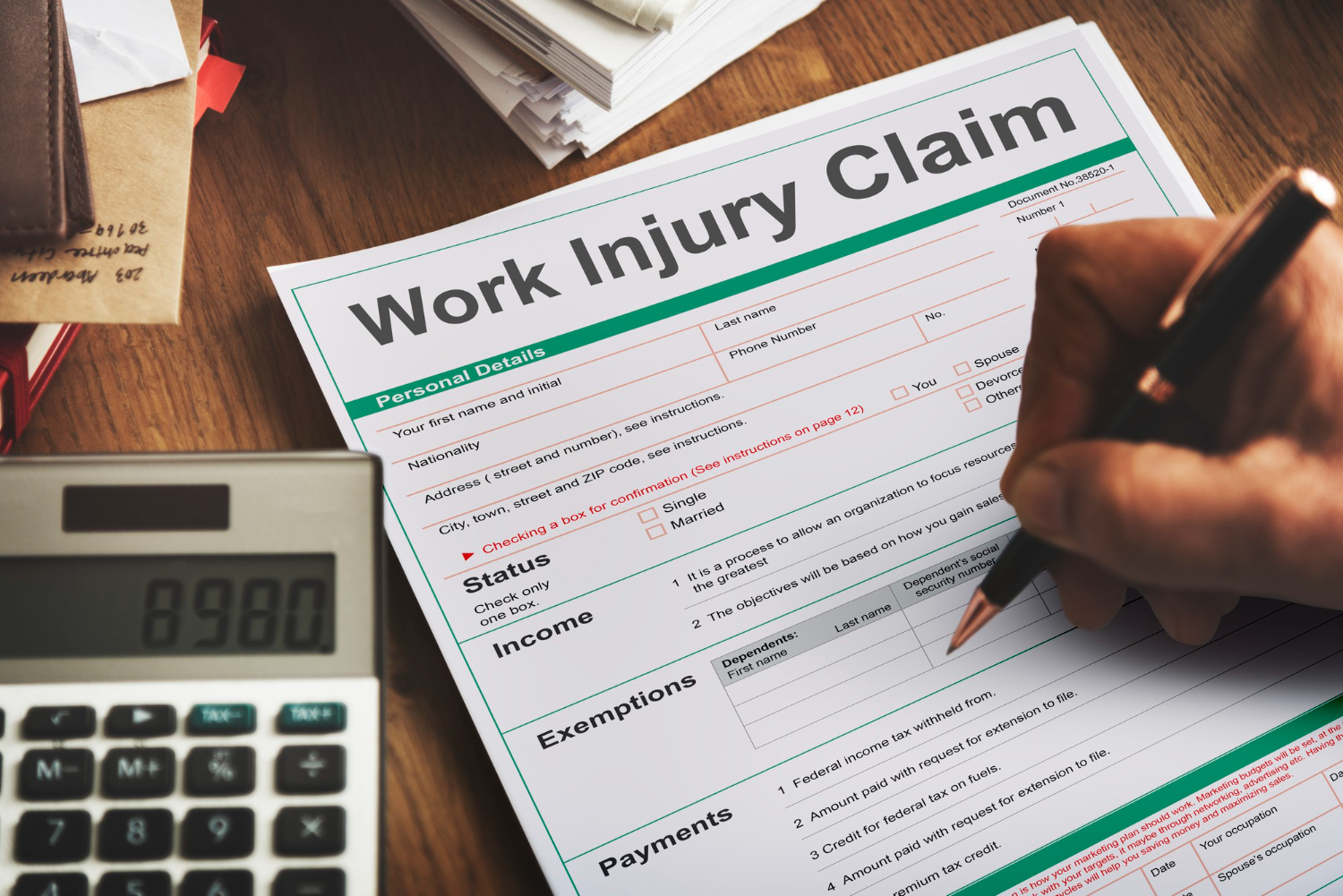
Your clients must protect themselves and their employees to run a business safely and smoothly. This means you need to help them purchase business insurance policies. In addition to property insurance and disaster coverage, your clients likely need workers compensation insurance for their employees. This is especially true if they work in a high-risk industry.
Table of Contents
Helping Clients Analyze Their Risk
Because each business has its own risk factors, you’ll need to help your clients determine which policies best meet their needs. Some industries, such as construction or entertainment, require employers to carry high risk workers compensation insurance which can include risks most insurers won’t cover. As an insurance agent you may need to find a wholesaler to help you cover these risks to make sure your clients are covered.
Consider how your client’s business operates. Typically, a business has either a “light” or “heavy” risk. Light risk means the business wouldn’t suffer as many losses as others, should an emergency occur. Businesses with heavy risk means they could experience more loss than an average company in the same industry.
Factor in your client’s workers compensation class code as well. Class codes group businesses together based on their risk and make it possible for insurance agencies to price their policies. The company’s class code is multiplied by how many employees it has to determine costs. The heavier a company’s risk is and the more employees it has, the more your client can expect to pay for insurance.
What Workers Compensation Insurance Covers
Workers compensation insurance is meant to protect an employee if he or she is injured on the job. The insurance coverage has two main purposes. First, it ensures the injured worker gets the medical care necessary to recover and, hopefully, get back to work in the future. Second, it provides compensation for a portion of the income lost while the employee is unable to work. It doesn’t just protect the employee, though. It also usually protects the employer from being at the receiving end of an employee’s lawsuit. Finally, if the employee dies on the job, it provides death benefits for any of the person’s dependents.
Who Is Required to Carry Workers Compensation Coverage
Workers compensation requirements vary from state to state and according to the size and type of business. In most states, your clients won’t need workers comp coverage if they own a sole proprietorship or partnership that doesn’t have any non-owner employees. Some states also don’t require employers to cover workers comp if their employees are paid solely based on commission or if they are independent contractors. If you are unsure if your clients need to carry workers compensation coverage, talk to your local lawmakers for clarification.
Workers compensation insurance is often a complicated policy. You need to be sure your clients carry a large enough policy to protect themselves and their employees in the event of a work accident. This is especially important if they work in a high-risk industry. Be sure to do thorough research and consider all of the options to find the policy that not only meets your clients’ budgetary needs but also gives them peace of mind while they and their teams are on the job.

